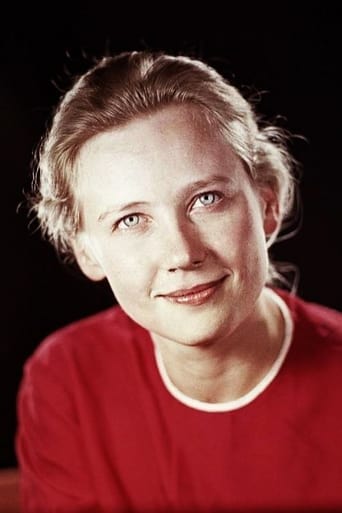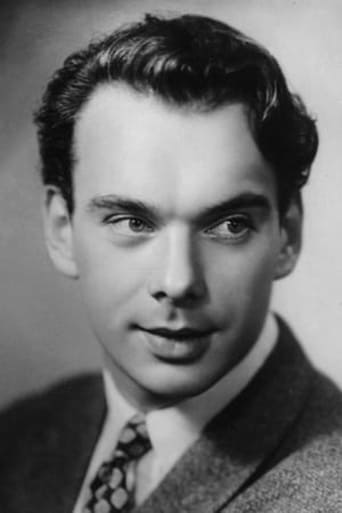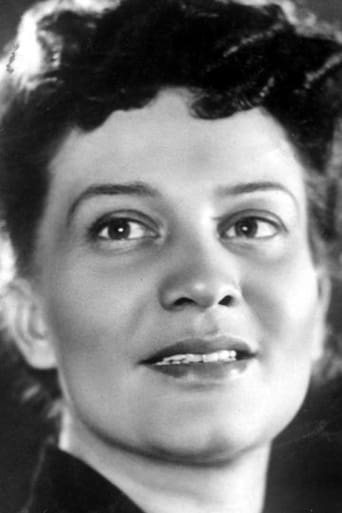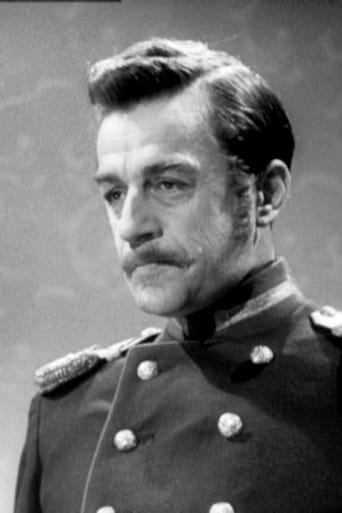Misteraser
Critics,are you kidding us
Curapedi
I cannot think of one single thing that I would change about this film. The acting is incomparable, the directing deft, and the writing poignantly brilliant.
Sharkflei
Your blood may run cold, but you now find yourself pinioned to the story.
Asad Almond
A clunky actioner with a handful of cool moments.
Armand
gentle, fragile, delicate. Tchekov spirit in an impressive adaptation of a very well short story. a show of nuances in which Iya Savvina is fabulous. for the measure of gestures, for the force of words, for the translation of a profound drama without any cure or limit. a film of nuances about shadow of happiness. a man, a woman, a husband, a wife, Ialta. and few walks. entire flavor of a time is recreated. entire charm of a great writer creation is exposed in magnificent mode. like an old song," Dama s sobachkoj " is a kind of time travel. in heart of lost world. in middle of bitter circle. in fact, only continuous present far from every mask.
Claudio Carvalho
In the Nineteenth Century, at the seaside resort of Yalta, the upper class Dimitri Gurov (Aleksey Batalov) from Moscow meets Anna Sergeyovna (Iya Savvina) walking with her little dog. Both have unhappy marriages: Dimitri has a marriage of convenience arranged by the family when he was a college boy and Anna married a lackey for love that has gone, and they have a love affair.When Anna returns to Saratov and Dimitri to Moscow, he has a boring life at home, spending his time working and going to the club after hours alone to drink and play cards with his friends. On Christmas, Dimitri misses Anna and lies to his wife, telling that he has a business trip to Saint Petersburg. However, he heads to Saratov and he meets Anna in the Opera House with her husband. Their love kindles and Anna promises to meet him in Moscow. In a period when divorce would be unthinkable, Anna and Dimitri are doomed to meet each other in hotel rooms."Dama s Sobachkoj" is a classy and melancholic love story by Iosif Kheifits based on a short story by Anton Chekhov. The film is developed in slow pace, with magnificent black and white cinematography and music score. Iya Savvina has one of the prettiest faces I have ever seen and it is easy to explain the initial attraction of Dimitri for Anna. Each frame is magnificently shot in beautiful planes and details. The DVD released by the Brazilian distributor Cult Classic is totally restored with perfect image and sound. My vote is eight.Title (Brazil): "A Dama do Cachorrinho" ("The Lady of the Little Dog")
Fpi
In my opinion, there are at least two kinds of melancholia. One has to do with a low level of passion and few, muddled emotions. Melancholia could, however, also be about truly passionate emotions of sadness and longing. There is a huge difference between the two, and they often seem to be confused. This movie is definitely about the passionate sadness and longing - at least it communicates some of the most outrageously passionate longing I've ever witnessed on film. Whoever thought "fast" automatically means "more passionate" was apparently dead wrong. There's also something realistic and very human about the characters. If you've lived for a while you've met people like these, and you may yourself have experienced (or even dreamt) similar situations. I felt immense pity for the characters, in my opinion a great achievement for any movie. Even if it's a film with "love" playing an important part, I felt it was innovative - this is simply unique stuff. I'll not give away too much of the story - go see this outstanding movie for yourself!
Wout Visser (wrvisser-leusden-nl)
This movie ranks among the masterpieces of Soviet film art.
Really everything is good here: the acting, the shots, the timing, the scenery and its tale. Taken from a very famous short story by Chekhov, one of Russia's greatest writers. 'Dama s sobachkoj' reflects its very Russian character well: infinite boredom, caused by life in an endlessly large country with a harsh climate and a very monotonuous landscape.The plot of this movie is timed at the end of the 19th century, an era when in Europe divorce was socially disastrous for your life, status and career. For this reason the lovers Sergueevna and Gourov cannot get together, thus being forced to consider in full the fate of their unhappy marriages and their missed chances in life.It will not surprise you that the pace of this movie is slow. Maybe too slow for Western taste, even back in 1960. Anyway, its slowness provides you with plenty of opportunity to enjoy the magnificent shots from this very Russian movie.



